Alcoholics Anonymous The Truth: Does It Really Work?
Alcoholics Anonymous (AA) is a widely recognized approach to combating alcoholism, but its effectiveness is often a subject of debate. This two-part article aims to explore the intricacies of AA, examining its methodologies, effectiveness, and the controversies surrounding it.
Understanding Alcoholics Anonymous: Founded in 1935, AA is a global fellowship with the primary purpose of helping alcoholics achieve sobriety. It’s based on a 12-step program that includes admitting powerlessness over alcohol, recognizing a higher power, making amends for past harm, and continuous personal inventory.
Evaluating the Effectiveness of AA: AA’s success is challenging to quantify due to its anonymity principle and self-selecting membership. However, various studies have attempted to assess its effectiveness. A 2020 study published in the Cochrane Database of Systematic Reviews indicated that AA could be more effective than other interventions for a small percentage of har core addicts in achieving abstinence.
Strengths of the AA Approach:
Peer Support: AA provides a strong community of support from individuals who have experienced similar struggles. This peer support can be crucial in fostering a sense of belonging and understanding.
Accessibility and Global Reach: With meetings available in most cities worldwide, AA is highly accessible. Its no-cost approach also makes it available to individuals from all economic backgrounds.
Spiritual Approach: For many, the spiritual aspect of AA, though not religiously specific, provides a framework for understanding and overcoming addiction.
Challenges and Criticisms:
Lack of Scientific Structure: Critics argue that AA lacks a scientifically structured approach to addiction treatment, relying more on anecdotal evidence than on empirically proven methods.
The One-Size-Fits-All Approach: AA’s methodology may not suit everyone, particularly those who do not resonate with the spiritual or group-sharing aspects.
Privacy and Anonymity Concerns: While anonymity is a core principle of AA, some individuals may still have concerns about privacy in group settings.
Questionable Success Rates: One of the most significant criticisms of AA is its purportedly low success rate. Various reports suggest that only a small percentage of participants maintain long-term sobriety. A frequently cited statistic from the Alcoholics Anonymous Triennial Surveys suggests a retention rate of about 27% after one year, with many members dropping out before reaching significant milestones.
One-Path Approach to Recovery: AA’s philosophy that abstinence is the only path to recovery can be limiting. This perspective may not accommodate those who aim for moderated or reduced drinking rather than complete abstinence.
Dependence on Group Dynamics: The effectiveness of AA can heavily depend on the dynamics of individual groups, which can vary widely. A negative group experience can be detrimental to an individual’s path to recovery.
Lack of Professional Oversight: The absence of trained professionals in AA meetings means that complex psychological issues, often intertwined with addiction, may not be adequately addressed. This can be a significant gap for members requiring professional mental health support.
Exploring Alternatives to Alcoholics Anonymous:
In light of these criticisms, exploring alternatives to AA is crucial. Options such as Cognitive Behavioral Therapy (CBT), medication-assisted treatment (MAT), and other mutual support groups like SMART Recovery and Secular Organizations for Sobriety (SOS) offer different approaches to addiction recovery. These alternatives can be particularly beneficial for those who do not find AA’s approach compatible with their beliefs or recovery goals.
A Balanced Perspective:
While AA has been a cornerstone in addiction recovery for many, its effectiveness varies among individuals. The low success rates and criticisms underline the importance of having diverse and flexible approaches to alcohol addiction treatment. It’s crucial for individuals to find a recovery path that resonates with their personal needs, whether it’s AA, an alternative program, or a combination of different approaches.
Conclusion:
Alcoholics Anonymous has played a significant role in the landscape of addiction recovery, yet its approach and effectiveness are not universally applicable or successful. The reported low success rates and the criticisms surrounding its methodology highlight the need for a more tailored approach to addiction treatment. Understanding these limitations is key to advancing addiction recovery methods and offering more effective, individualized treatment options. In the end, the most effective path to recovery is one that is personally suitable and sustainable for the individual.






